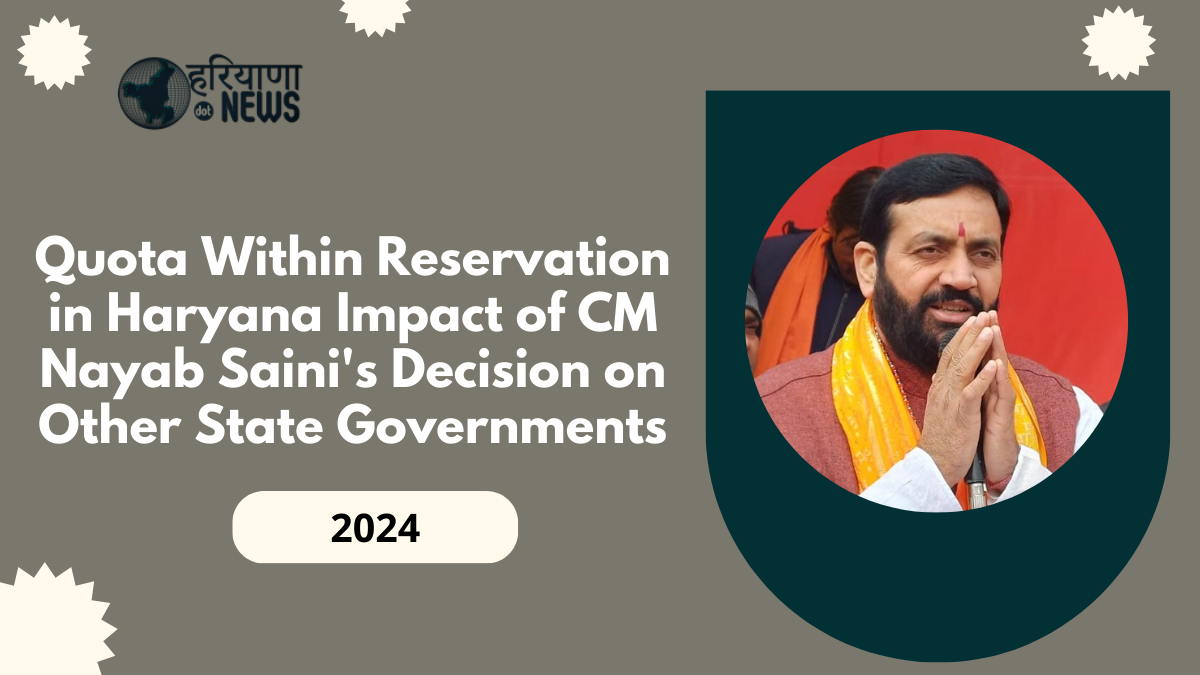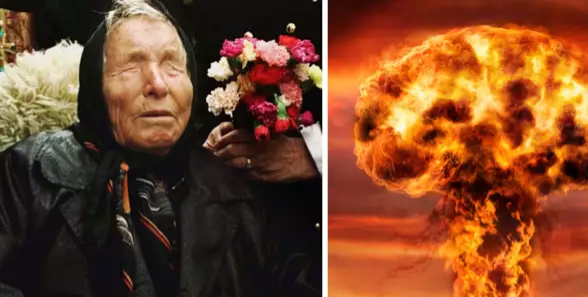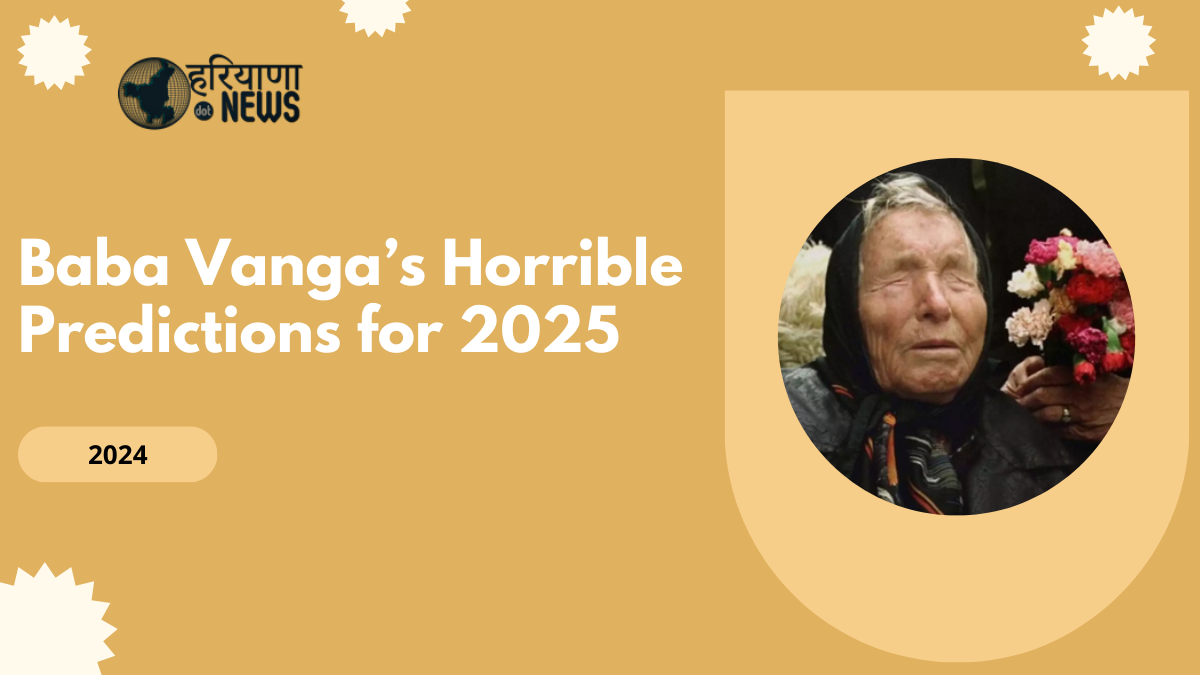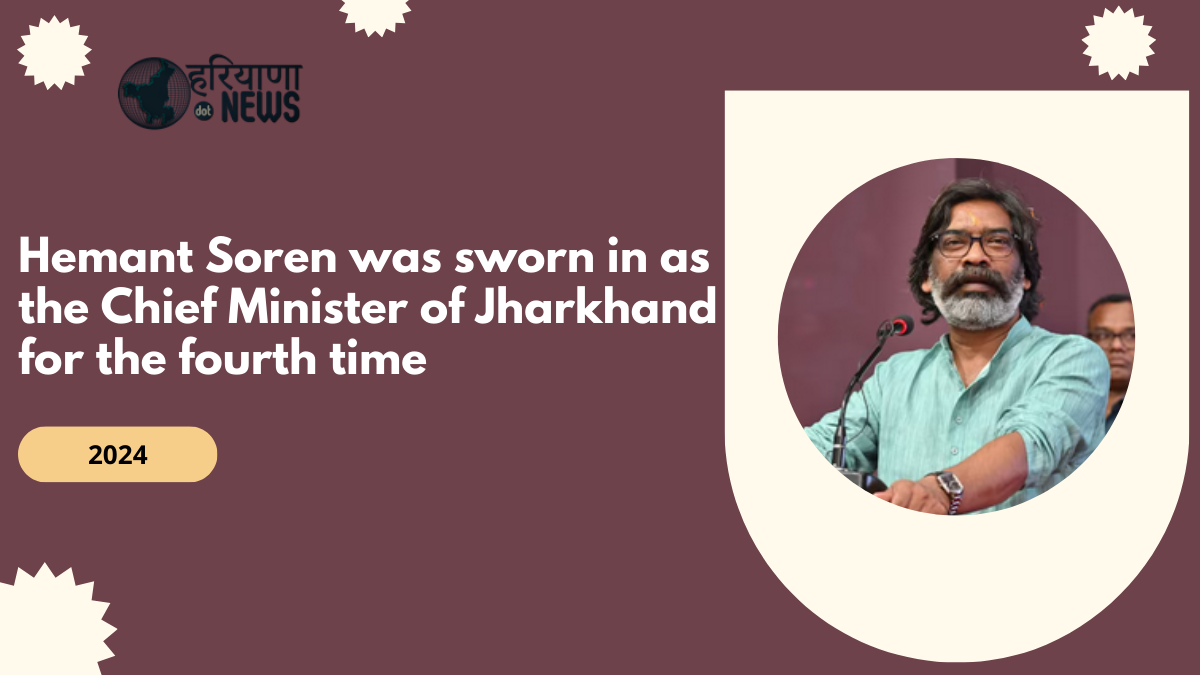The Haryana government has made a groundbreaking move by introducing a subdivision within the reservation system for marginalized groups. This decision aims to create new opportunities for the most disadvantaged communities within these groups. Haryana has become the first state in India to put into action a recommendation from the Supreme Court. As a result, this step is likely to prompt other states to follow suit.
BJP’s Move to Sub-categorize Reservations
By introducing sub-categorization in Haryana, the BJP has demonstrated its commitment to the underprivileged sections of society. This move also places increased pressure on states governed by the NDA to adopt similar measures. Prime Minister Narendra Modi, during a meeting with Chief Ministers of NDA-ruled states in Chandigarh on the occasion of Chief Minister Nayab Singh Saini’s swearing-in, emphasized the importance of states learning from each other’s programs and policies and encouraged them to take steps toward implementation.
Haryana Leads the Way in Implementing Supreme Court Observations
Haryana’s decision to benefit the underprivileged made right after the NDA meeting, has sent ripples across the country. The state has taken the lead in implementing the Supreme Court’s observation regarding reservation sub-classification. With around 22 percent of Haryana’s population being part of the underprivileged communities, this move holds significant importance.
During the assembly elections, there was fierce competition between the BJP and Congress to win over this population. Both parties even accused one another of undermining the constitution and reservation system. However, the support from these communities towards the BJP in the elections has now been met with the party’s further step of introducing the reservation sub-classification, allowing the most marginalized castes to benefit from this change.
Report by Haryana Scheduled Caste Commission
In the BJP government’s second term, the Haryana Scheduled Caste Commission compiled a report proposing the division of reservations for Scheduled Castes. After gaining the approval of the Supreme Court, this proposal has been implemented in the current, third term. The report found that the most disadvantaged Scheduled Castes were not receiving adequate representation in government jobs, while other Scheduled Castes were overrepresented in comparison to their population share.
To address this imbalance, the state government has introduced sub-categorization to provide fair representation and equal opportunities in government employment. Before the assembly elections, the BJP strategically organized “Vanchit Sammelans” (deprived conferences) across the state, starting in Kurukshetra, to gather support from marginalized communities.
BJP leader Sudesh Kataria spearheaded these events, and senior ministers, including Manohar Lal, actively participated. Kataria has continued to organize these conferences across various deprived regions in the state.
 Delhi’s Toxic Air Crisis: Equivalent to Smoking 49 Cigarettes Daily
Delhi’s Toxic Air Crisis: Equivalent to Smoking 49 Cigarettes Daily
 Haryana Assembly Session Highlights: Government Announces Monthly Allowance for CET-Passed Unemployed Youths
Haryana Assembly Session Highlights: Government Announces Monthly Allowance for CET-Passed Unemployed Youths
 Bulldozer Action on BJP Leader’s Property and Activist’s Tent Sparks Early Morning Tension in Rohtak
Bulldozer Action on BJP Leader’s Property and Activist’s Tent Sparks Early Morning Tension in Rohtak
 CBI Conducts Raid in Panipat Over Multi-Crore Fraud in Online Trading Scheme
CBI Conducts Raid in Panipat Over Multi-Crore Fraud in Online Trading Scheme
 Haryana’s New Four-Lane Expressway to Link Kurukshetra Bypass, Ladwa, and Yamunanagar: CM Saini’s Plans with Gadkari
Haryana’s New Four-Lane Expressway to Link Kurukshetra Bypass, Ladwa, and Yamunanagar: CM Saini’s Plans with Gadkari





The Sub-classification of Reservations: How It Works
Under this new sub-classification system, the Scheduled Castes in Haryana will be split into two categories: “Scheduled Castes” and “Disadvantaged Scheduled Castes” (DSC). Out of the 20 per cent reservation quota for Scheduled Castes in government jobs, half (10 per cent) will now be reserved for candidates from Disadvantaged Scheduled Castes.
In cases where eligible candidates from the disadvantaged groups are unavailable, the vacant positions will be offered to candidates from the other Scheduled Castes, and vice versa. The inter-seniority of both disadvantaged and other SC candidates will be determined by a standard merit list generated by the recruiting authority.
Additionally, the government plans to formulate a policy to identify the creamy layer within the SC and ST categories to ensure that the benefits of reservations reach those indeed in need.
This step is expected to pave the way for fairer employment opportunities and better representation for the most disadvantaged castes in Haryana, setting an example for other states to consider implementing similar policies.
Click here to know more.






